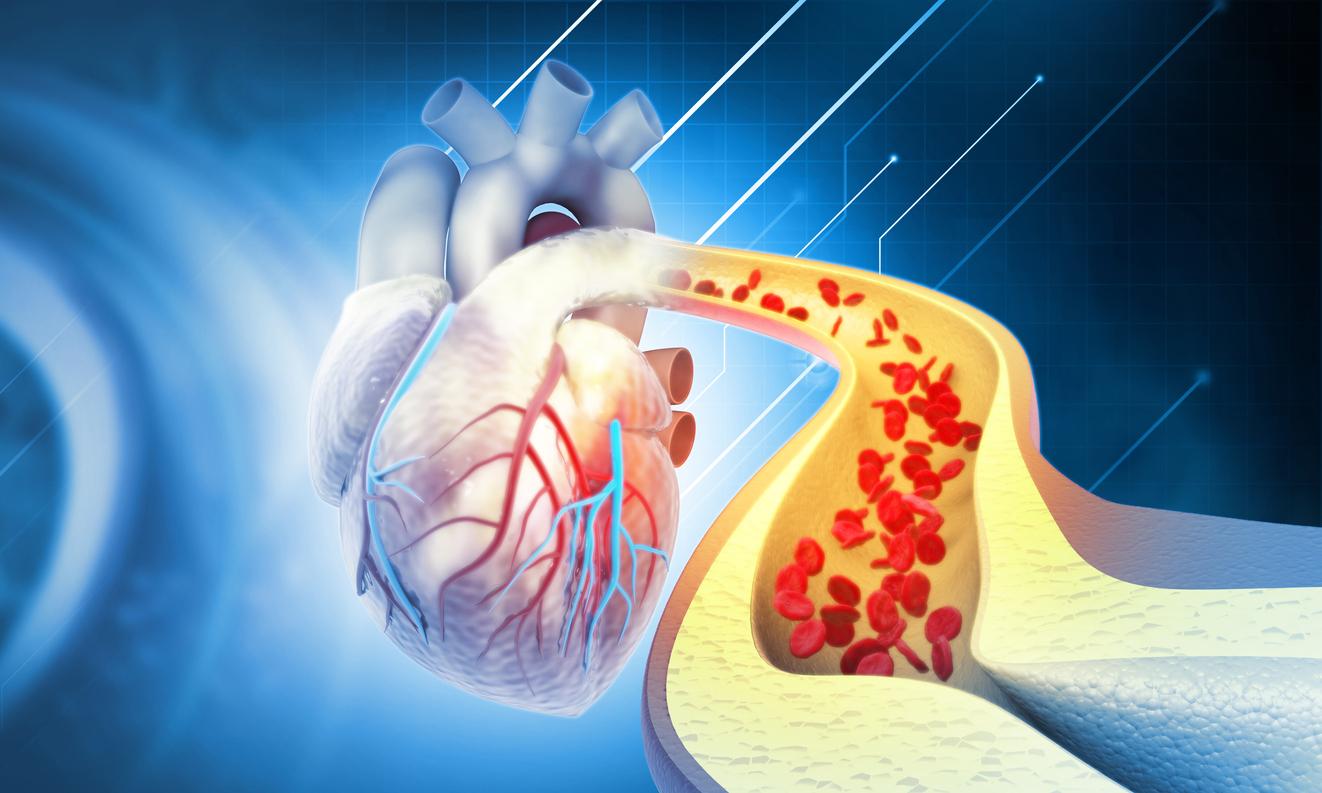High cholesterol increases the risk of cardiovascular disorders, but knowing the genetic cause predicts disease risk better than the patient’s cholesterol level, according to a new study.

- Hypercholesterolemia is characterized by high LDL cholesterol levels.
- This disease increases the risk of cardiovascular disorders.
- According to a new study, the cause of high cholesterol, more than the cholesterol level itself, is an indication of the risk of suffering from cardiovascular problems.
Cholesterol is essential to our body, but beware of excess! When the level of LDL cholesterol, called bad cholesterol, in the blood is greater than 1.6 g/L, doctors speak of hypercholesterolemia. This silent disease can have significant consequences on cardiovascular health. According to a study by the American Geisinger Institute, blood testing is not the best tool for assessing cardiovascular risks linked to hypercholesterolemia. On the contrary, the causes of the disease would be more revealing. The full results of this research are published in Arteriosclerosis, Thrombosis and Vascular Biology.
Hypercholesterolemia: an increase in cardiovascular risks
The authors of this study point out that high cholesterol increases the risk of heart disease, heart attack and stroke. During their work, they evaluated the genetic data of more than 11,000 participants in the British biobank: all of these people had high LDL levels. “The team observed a small difference in the rate of heart disease between those with the lowest and highest LDL levels., they note. Secondly, the scientists classified the participants according to the specific cause of their illness, setting aside those affected by genetic causes. They observed “stark differences in heart disease rates“.”For example, people with a unique genetic variant associated with high cholesterol or high lipoprotein(a), a form of LDL cholesterol, had a significantly increased risk of future disease compared to the rest of the participants in the study. ‘study”they develop.
Cardiovascular risks: how to better manage hypercholesterolemia?
For the authors of this research, these results could change the care of people affected by hypercholesterolemia. “This study demonstrates the potential of genetic data to inform risk management and clinical care of patients with high cholesterol“, estimates one of the lead authors, Dr. Matthew Oetjens. Today, these people can follow treatment to lower this rate depending on their cardiovascular risk. But one of the main means of action is change way of life.”When cardiovascular risk is low or moderate, these changes may be sufficient to normalize blood cholesterol and triglycerides and medication is unnecessary. specifies theHealth Insurance. If the risk is higher, drug treatment may be necessary.” Three points are essential: stopping smoking, increasing physical activity and adopting a balanced diet.
















